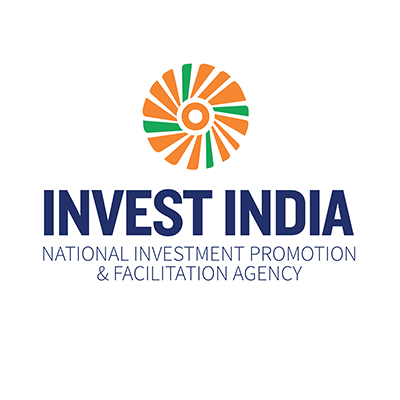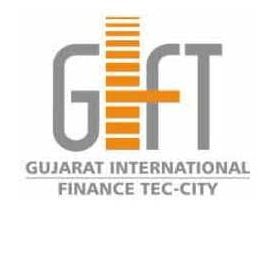Business community seeks for tax relief

Finance Minister Arun Jaitley has urged business leaders to make investments in infrastructure sector and help build a stronger India.
Private investment along with Public and Foreign Investment are the key to boost growth and create job opportunities, he said during the 3rd Pre-Budget Consultation Meeting with representatives of Indian Trade and Industry in Delhi on 6 Dec 2017.
Highlighting the importance of investment in infrastructure sector, the Finance Minister said the Government has taken various steps and has also set-up National Investment and Infrastructure Fund (NIIF), among others, to boost investment in this sector.
The business community has made various suggestions including permitting the purchase of Banks’ Recapitalization Bonds by the Institutes and the public at large, reducing Government stakes in Public Sector Banks (PSBs), allowing banks to securitize their loans and sell the same, setting-up of Land Bank Corporation for monetization of Government lands including the land belonging to Army, Railways and Public Authorities.
Other suggestions included setting-up of National Power Generation Corporation and creation of National Innovation Fund with initial corpus of Rs.10,000 crore to promote innovation and Out of Box Ideas; setting-up of Empowered Group of State Agricultural Ministers to implement Agricultural Reforms.
The community also called for reduction in Dividends Distribution Tax and to bring down the maximum rate of Income Tax to 20% to encourage investment. Such tax would be at par with other development countries.
It was also suggested to create Regulations Free Export Zone for setting-up 100% Export Oriented Units both by domestic and foreign investors which in turn would help not only in creating employment opportunities but also in earning foreign exchange for the country.
They called for a system of e-wallet with effect from 1st April, 2018 under GST and extension of Duty Draw Back System for GST for a year.
The highlights of some of the suggestions are:
· There is a need to consider across the board, tax rate cuts for businesses and individuals in India to spur domestic investment and demand, and to retain India’s overall competitive environment globally.
· GST has been a landmark reform. Going forward, there is a need for convergence to 3 – 4 rates and to include all excluded items till date. Efforts should also continue to simplify compliance related to GST. Benefit of filing Quarterly return under GST be extended to all rather than limiting to those with a turnover of Rs.1.5 crore.
· Remove the applicability of GST on Intra-entity transfer of services within the same legal entity.
· There is a need for clarity on Anti-profiteering provisions under GST, specifically related to its applicability at product or entity level, examination at State or Central level, applicability on products/ stocks prior to GST, etc.
· There is a need to exempt levy of Minimum Alternate Tax (MAT) on write back of notional income pursuant to approved plan of IBC.
· To boost Research and Innovation, there is a need to improvise the Patent Box regime that was introduced in the previous Budget. Government should also restore weighted deduction on Scientific Research Expenditure. Alternatively, provision of Research Tax Credit may be introduced.
· Consider establishing 2-3 Regulation Free Zones, wherein all regulatory requirements can be relaxed, especially for new-age, high-technology and innovative industries.
· Government should consider further consolidation and even privatisation of some of the Public Sector Banks (PSBs), having at the most 5-6 Large Public Sector Banks.
· Continue focus on Productive Expenditure (Infrastructure Capex) and if this requires relaxation of fiscal deficit target, it should be considered. fii-news.com









